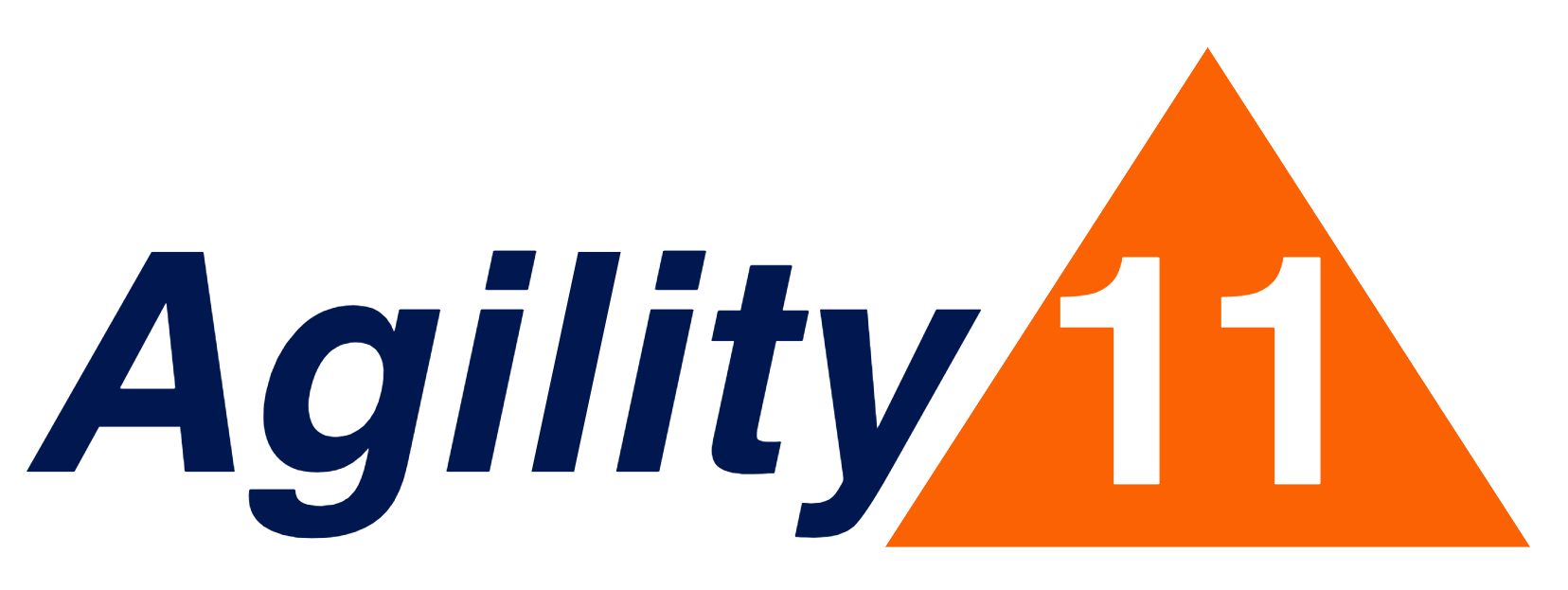What is the Focus of an Agile Leader?
My colleagues at Agile Leadership Journey have written an excellent blog on the focus of agile leadership. Here are some highlights of the four focus areas - I hope this will entice you to read the original post!
Focus #1 - Yourself
“How do you show up as a leader? How do you react to change, surprise, mistakes, failure, miscommunication, and feedback? Our character shows up in the micro-moments of challenges that happen every day.”
Focus #2 - Others
“Be deliberate before, during and after key interactions with others. Create a plan, engage with purpose, and reflect with intent to learn. However, let them go first, share the lead, and seek to co-create mutual outcomes.”
Focus #3 - Time horizons
“The ability to balance and shift your focus across three focal lenses: visionary, strategic and tactical (in that order!) are critical to your effectiveness as a leader.”
Focus #4 - Learning
“Agile leadership is a life-long practice and pursuit of discovery, learning and growth. Much like fitness and health, agile leadership is not an end-state, it is a practice. There is no static state. It requires focus and practice every day, every week, every month, and every year." Active reflection is the key to learning.
Actionable Advice:
Try this: Schedule 30 minutes each week to reflect on your leadership over past week. Ask one person for feedback on your leadership / coaching. Then make a leadership plan for the week ahead. Identify the key opportunities to show up as a catalyst leader: one-on-one conversation, team meeting, or organizational initiative. Decide how you will show up as a Catalyst leader.
To learn more, join our Certified Agile Leadership bootcamp. Register here for a 10% discount!
Take your leadership skills to the next level in our intensive six-month Agile Leadership Practice Program, starting March 8. Cohorts meet once weekly and apply their learning on-the-job between sessions.
“Not only was I able to learn techniques and use them at work, I had a support system from my cohort. I was learning, living and trying these methods on a daily basis.
I was able to practice what I was learning. I am happy to walk away with knowledge and confidence, that when other issues arise, I will be strong enough to know my foundation and where to begin.”
Photo by dgarkauskas under Creative Commons license.

